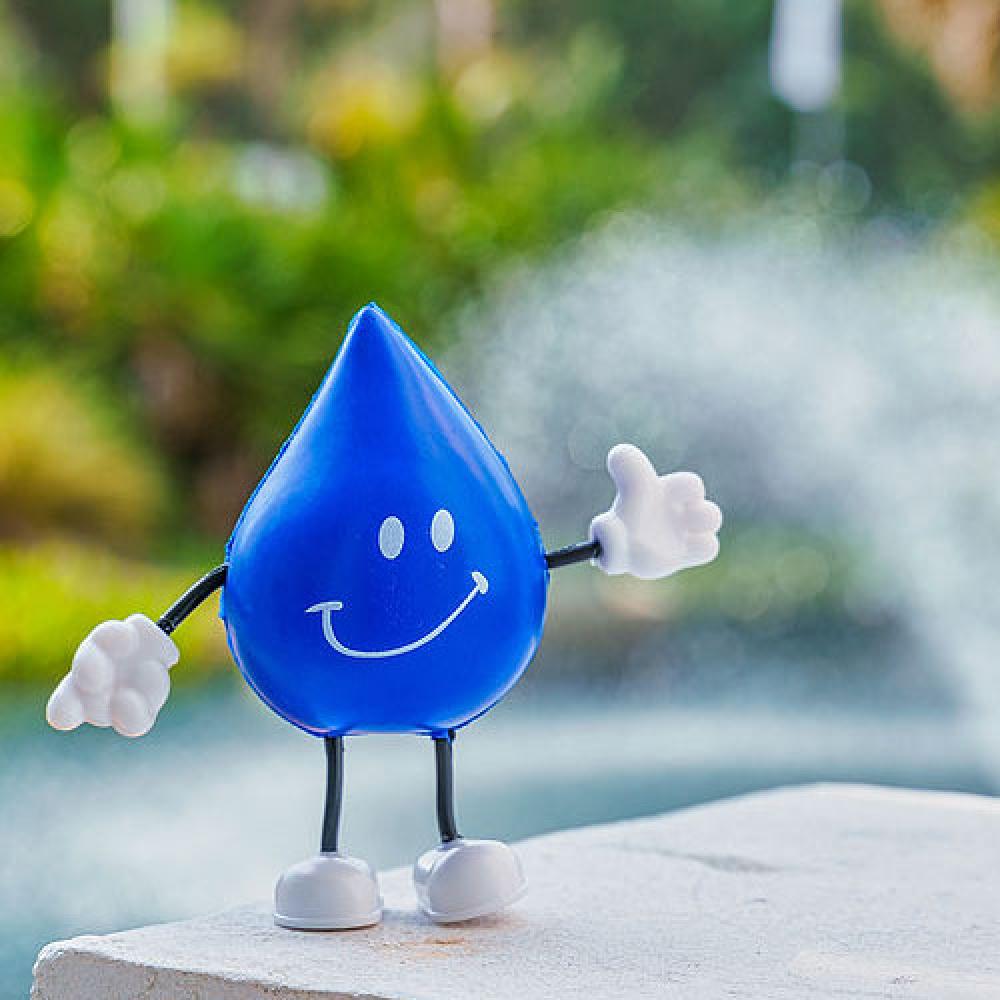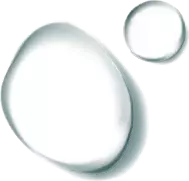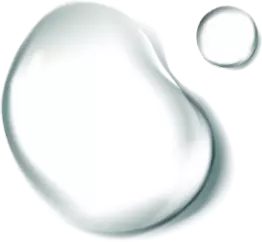


Outdoor Conservation Tips
Expand AllCheck your irrigation system once a month for leaks, and adjust sprinklers so only your lawn is watered and not the sidewalk, patio, house or street.
Install a rain sensor on your irrigation controller so your system won’t run when it’s raining.
Use organic mulch applied to a depth of 2 to 4 inches, leaving a 2-inch space around the base of the plant. This ensures efficient watering
Water your plants deeply but less frequently to encourage deep root growth and drought tolerance.
Plant during the spring or fall when the watering requirements are lower. Group plants with the same light, soil and moisture needs to ensure efficient hydration zones.
Landscape with Florida Friendly Plants. This website is an awesome resource.
Fertilize less often; while fertilizers promote plant growth, they also increase water consumption, apply the minimum amount of fertilizer needed. Our bodies of water will appreciate it
Minimize evaporation by watering during the early morning hours when temperatures are cooler and winds are lighter.
A hose nozzle provides you water just when you need it. This helps save a ton of water.
Direct downspouts and other runoff towards shrubs and trees, or collect and use for your garden.
Collect water in a rain barrel, this is great for watering potted plants and raised garden beds.
Use porous materials for walkways and patios to keep water in your yard and prevent runoff.
Use a broom instead of a hose to clean your driveway or sidewalk.
Use a commercial car wash or wash your car on the driest part of your lawn.
When the kids want to cool off, use the sprinkler in an area where your lawn needs it most.
Don't buy outdoor toys that require a constant flow of water.
Bathe pets outdoors in grass areas in need of water.
Check for leaks around your pool and spa pumps, outdoor faucets and pipes. Using a pool cover reduces water evaporation.
We hope this never happens. But if a water pipe breaks in the house it can make a huge mess and waste a bunch of water. Make sure you know where your master water shut-off valve is located to turn off the water coming into your home.
Indoor Conservation Tips
Expand AllDon't use running water to thaw food. Plan ahead and let it thaw in the refrigerator.
When doing laundry, match the water level to the size of the load. Better yet, wash clothes only when you have a full load and save up to 600 gallons each month.
Teach your children to turn the faucets off tightly after each use.
Install a low-flow showerhead. They're inexpensive, easy to install, and can save your family more than 500 gallons a week.
Soak your pots and pans instead of letting the water run while you scrape them clean.
Turn off the water while you brush your teeth and save 4 gallons a minute. That's 200 gallons a week for a family of four.
The majority of residential water leaks occur from the toilet. If you hear it running when not in use, there's most likely a leak. The most common causes of a leaking toilet are:
- Flapper valve stuck in open position.
- Worn flapper not allowing for proper seal.
- Misaligned chain.
- Tank Float: When the float assembly stops working it allows the toilet to run continuously which may cause overflow.
Leak test
Put food coloring in the toilet tank. Wait about 15 minutes. If you notice food coloring in the toilet bowl, you have a leak. It is most likely the toilet flapper. It's easy to fix and you can save more than 200 gallons a month. Flush the toilet after conducting the test to avoid any possibility of staining.
The level of the water in your toilet tank should be at least one inch (1") below the top of the overflow pipe. If the level is too high adjust the float ball and recheck the water level.
If you are not comfortable in doing the repairs, call a licensed plumber.
Make sure there are aerators on all of your faucets.
Install an instant water heater on your kitchen sink so you don't have to let the water run while it heats up. This will also reduce heating costs for your household.
If your toilet was installed prior to 1980, place a toilet dam or bottle filled with water in your toilet tank to cut down on the amount of water used for each flush. Better yet, install a WaterSense labeled toilet of 1.28 gallons per flush or less.
Cut back on rinsing if your dishwasher is new. Newer models clean more thoroughly than older ones.
Insulate hot water pipes so you don't have to run as much water to get hot water to the faucet.
Drop that tissue in the trash instead of flushing it and save gallons every time.
Keep an eye out for dripping faucets and listen for hissing toilets. Fixing a leak can save 500 gallons each month.
The majority of residential water leaks occur from the toilet. If you hear it running when not in use, there's most likely a leak. The most common causes of a leaking toilet are:
- Flapper valve stuck in open position.
- Worn flapper not allowing for proper seal.
- Misaligned chain.
- Tank Float: When the float assembly stops working it allows the toilet to run continuously which may cause overflow.
Leak test
Put food coloring in the toilet tank. Wait about 15 minutes. If you notice food coloring in the toilet bowl, you have a leak. It is most likely the toilet flapper. It's easy to fix and you can save more than 200 gallons a month. Flush the toilet after conducting the test to avoid any possibility of staining.
The level of the water in your toilet tank should be at least one inch (1") below the top of the overflow pipe. If the level is too high adjust the float ball and recheck the water level.
If you are not comfortable in doing the repairs, call a licensed plumber.
Cook food in as little water as possible. This will also retain more of the nutrients. Select the proper size pans for cooking. Yummy!
Choose WaterSense labeled appliances, like washing machines that save up to 20 gallons per load.
Turn off the water while you shave and you can save more than 100 gallons a week.
When you give your pet fresh water, don't throw the old water down the drain. Use it to water your trees or shrubs.
If you accidentally drop ice cubes when filling your glass from the freezer, don't throw them in the sink. Drop them in a house plant instead.
To save water and time, consider washing your face or brushing your teeth while in the shower.
While staying in a hotel or even at home, consider reusing your towels.
Throw trimmings and peelings from fruits and vegetables into your yard compost to reduce using the garbage disposal.
